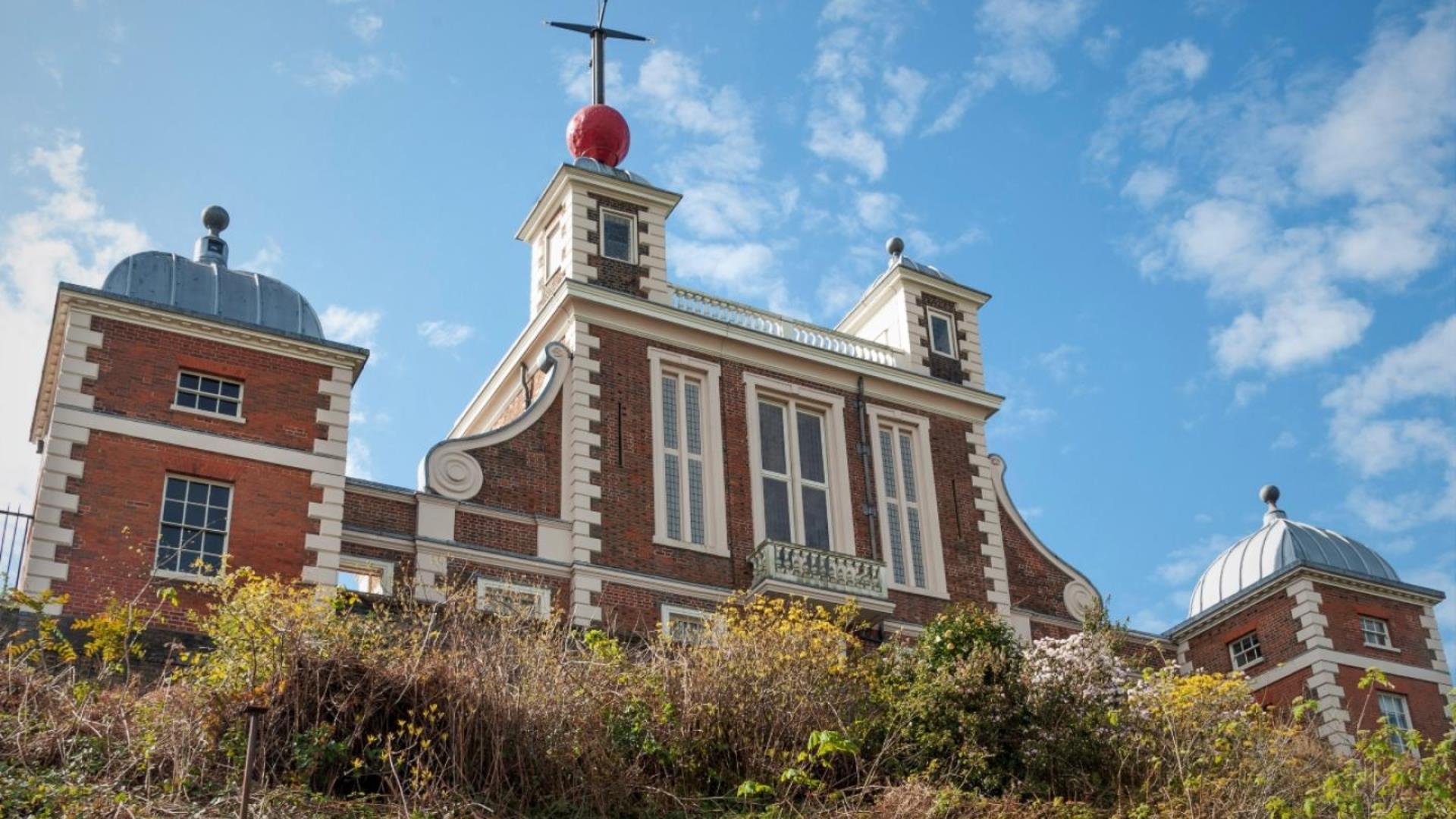
My Planner
To build your own Itinerary, click  to add an item to your Itinerary basket.
to add an item to your Itinerary basket.
Already saved an Itinerary?

- Things to Do
- What's On
- Accommodation
- Food and Drink
- Ideas and Inspiration
- Shopping
- Plan your Trip
- Corporate
You are here: Ideas and Inspiration > History > Greenwich Mean Time
- Accommodation
- Things to Do
- What's On
- Food & Drink
- Shopping
All the world looks to the Prime Meridian of the World at the Royal Observatory in Greenwich to set their clocks. On one side of the line sits the eastern hemisphere; on the other, the west. But what is GMT and why is it intrinsically linked to Greenwich?
What is Greenwich Mean Time?
Greenwich Mean Time is a way of standardising time across the world, by averaging out the time at which the sun crosses the Prime Meridian Line – a line that runs north to south at 0°longitude through the Royal Observatory in Greenwich – in clock form from one midnight to the next.
Is it always GMT?
It’s not always Greenwich Mean Time in the UK: at 1am on the last Sunday in March, the clocks at Greenwich’s Royal Observatory will jump forward an hour, signalling the switch to British Summer Time (BST); at 2am on the last Sunday in October, they jump back to GMT.
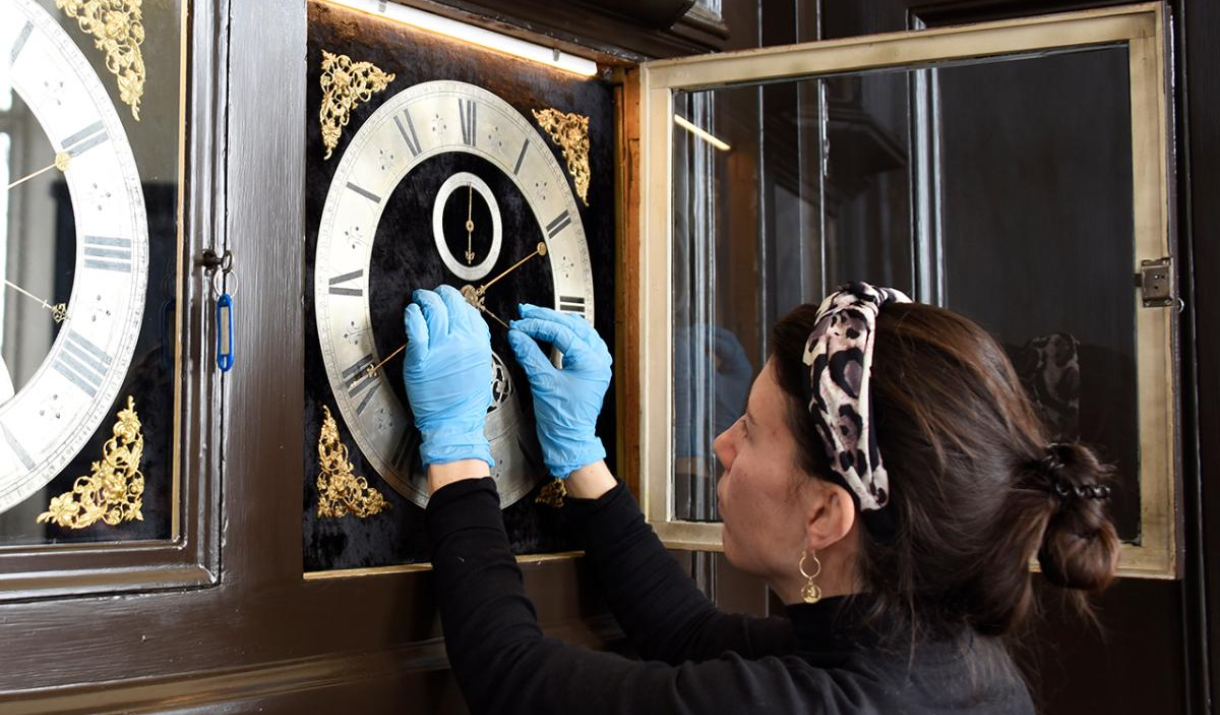
Why do we change the clocks?
British Summer Time (BST), a measure designed to make the most of daylight during the northern summer, was first introduced in 1916. Picking up on an idea usually attributed to American polymath and printer Benjamin Franklin in 1784, 18th- and 19th-century campaigners argued that moving the clocks forward would help the nation capitalise on natural light and save energy. Its eventual introduction is thanks to campaigner William Willett, a British builder, active equestrian and keen golfer who wanted longer, light-filled evenings. In his self-published 1907 pamphlet The Waste of Daylight, Willett argued that daylight savings would increase national productivity while decreasing energy consumption and railway accidents. Sadly, he died in 1915 – only a year before his campaign bore fruit.
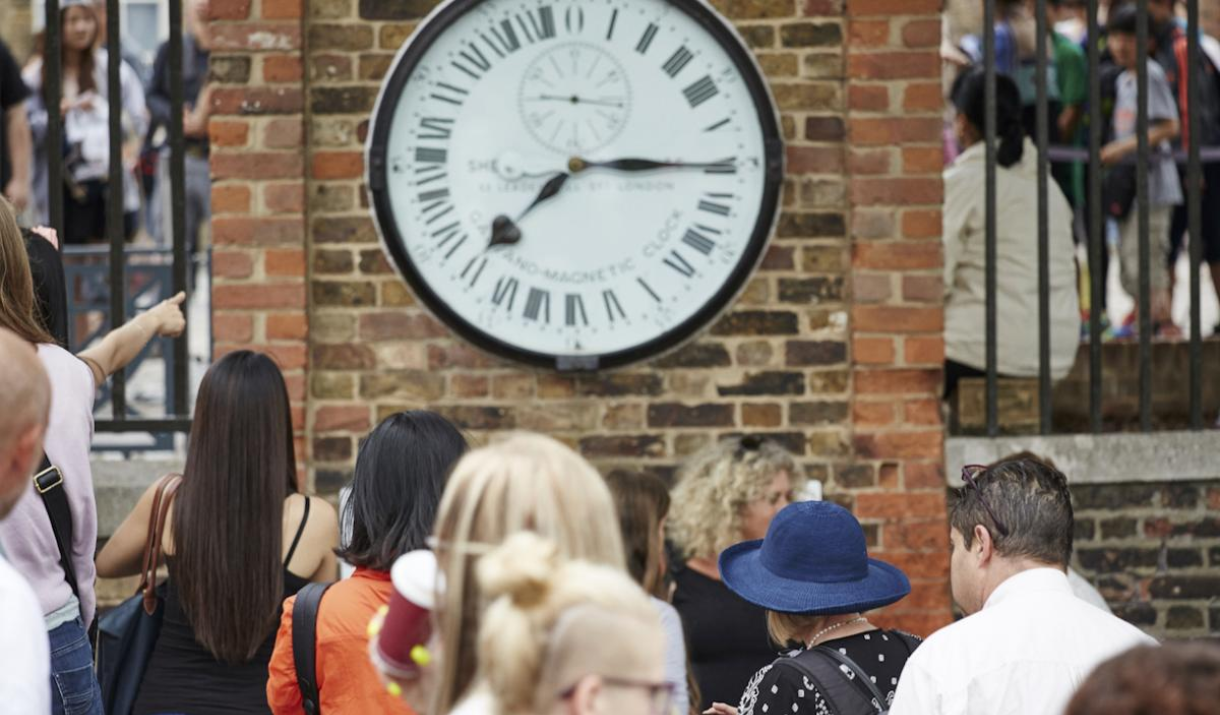
What if we don’t change the clocks?
Since BST was first introduced to meet the demands of WWI, it has taken on different forms. WWII, for example, saw the clocks go forward two hours for ‘Double Summer Time’. Between 1968 and 1971, the clocks never reverted to GMT, as perennial Summer Time was trialled across the UK. Finally, the 1972 British Summer Time Act stipulated the clocks be put forward by one hour on the last Sunday of March, and back again on the last Sunday of October.
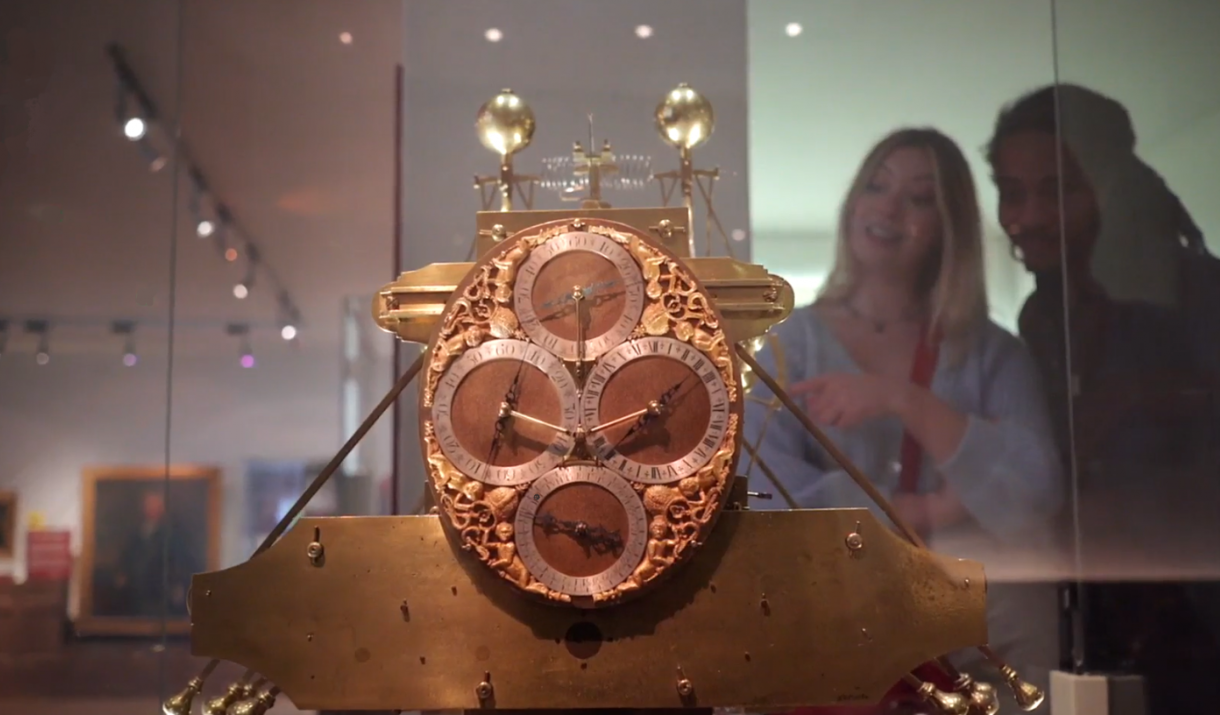
Throughout its history, BST has provoked conflicting responses. Some argue for a return to Double Summer Time or permanent Summer Time, while others have raised concerns about schoolchildren in the far north of Scotland being forced to go to school in the dark!
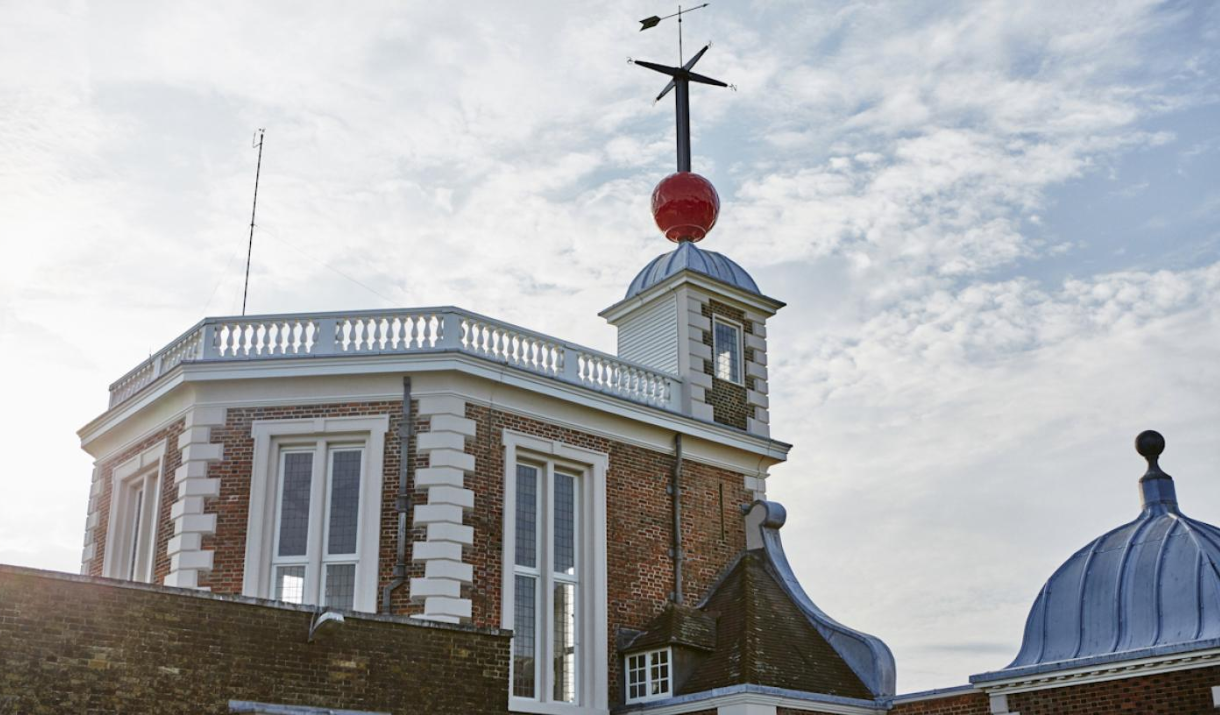
To learn more about the history of BST, visit the home of time – the Royal Observatory – right here in Greenwich. Stand on the historic Meridian Line, see John Harrison's ground-breaking timekeepers and witness one of the world's earliest public time signals, the Greenwich Time Ball.
© Visit Greenwich. All Rights Reserved



